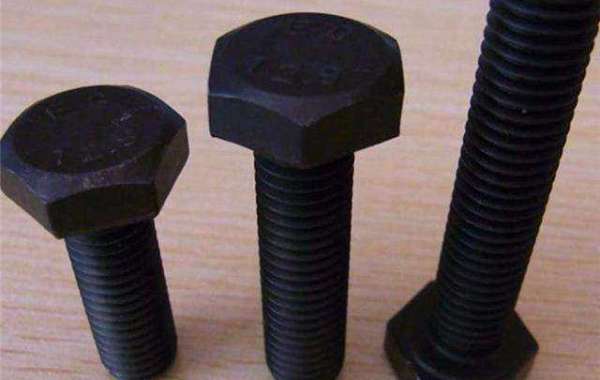The hex nut is used in conjunction with screws, bolts, and screws to connect and tighten the parts. Among them, type 1 six-purpose nuts are the most widely used. Grade C nuts are used for machines, equipment or structures with rough surfaces and low precision requirements; Grade A and B nuts are used for smoother surfaces and higher precision requirements. On the machine, equipment or structure. The thickness M of the type 2 hexagon nut is thicker, and it is mostly used in occasions that often require assembly and disassembly. The thickness M of the hexagonal thin nut is thin, and it is mostly used in occasions where the surface space of the connected parts is restricted.
Ordinary external hexagon-widely used, characterized by a relatively large tightening force, the disadvantage is that there must be enough operating space during installation. Adjustable wrenches, open-end wrenches or glasses wrenches can be used during installation, all of which require a lot of operation space.
Cylinder head hexagon socket-is the most widely used of all screws, because it has a relatively large tightening force, it can be operated with an internal hexagon wrench, and it is very convenient to install. It is almost used in various structures. The appearance is more beautiful and tidy. The disadvantage is The tightening force is slightly lower than that of the outer hex. In addition, repeated use may damage the inner hex and make it impossible to remove it.
Ordinary external hex nut-the most versatile and one of the most common fasteners in general. Countersunk internal hexagon-mostly used in power machinery, the main function is the same as the internal hexagon. Nylon lock nut-inlay nylon rubber ring in the hexagonal surface to prevent the thread from loosening, use on strong power machinery. Flange nuts-mainly play the role of increasing the contact surface with the workpiece, mostly used in pipelines, fasteners and some stamping parts and castings.






